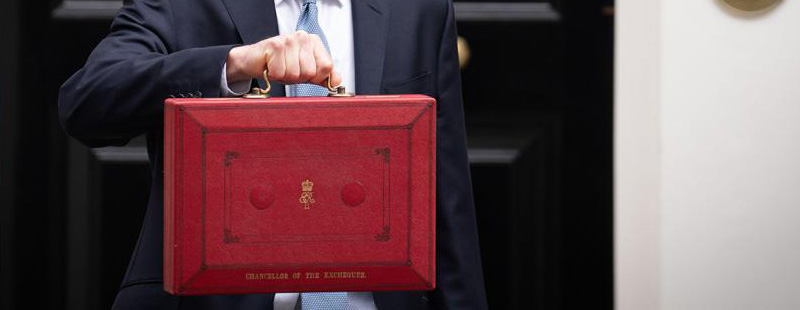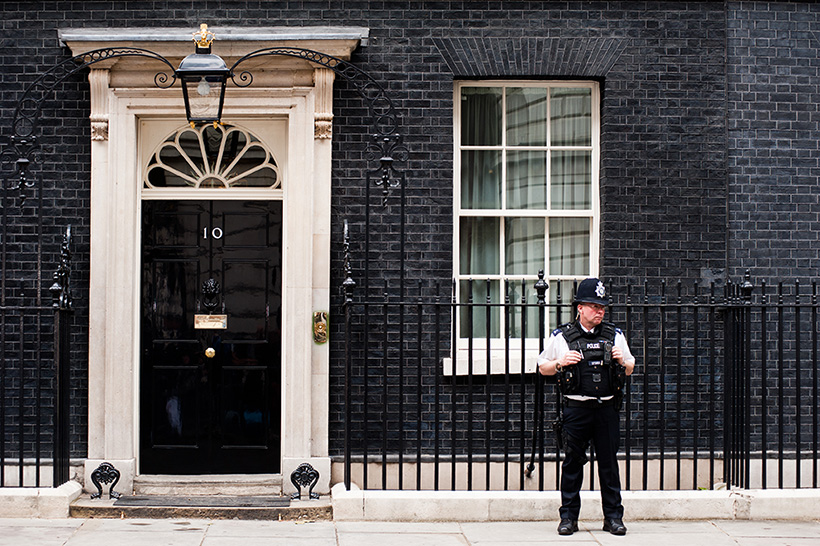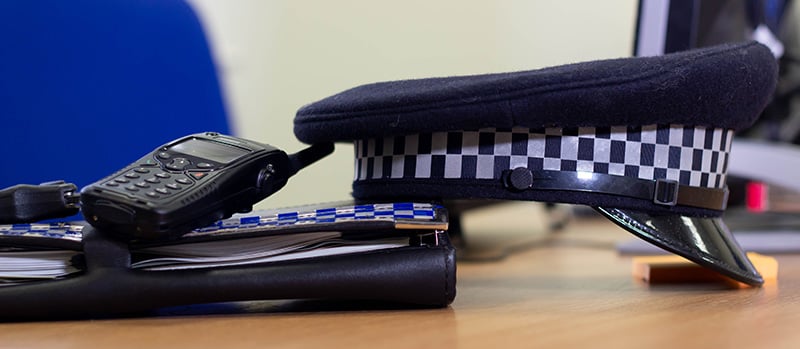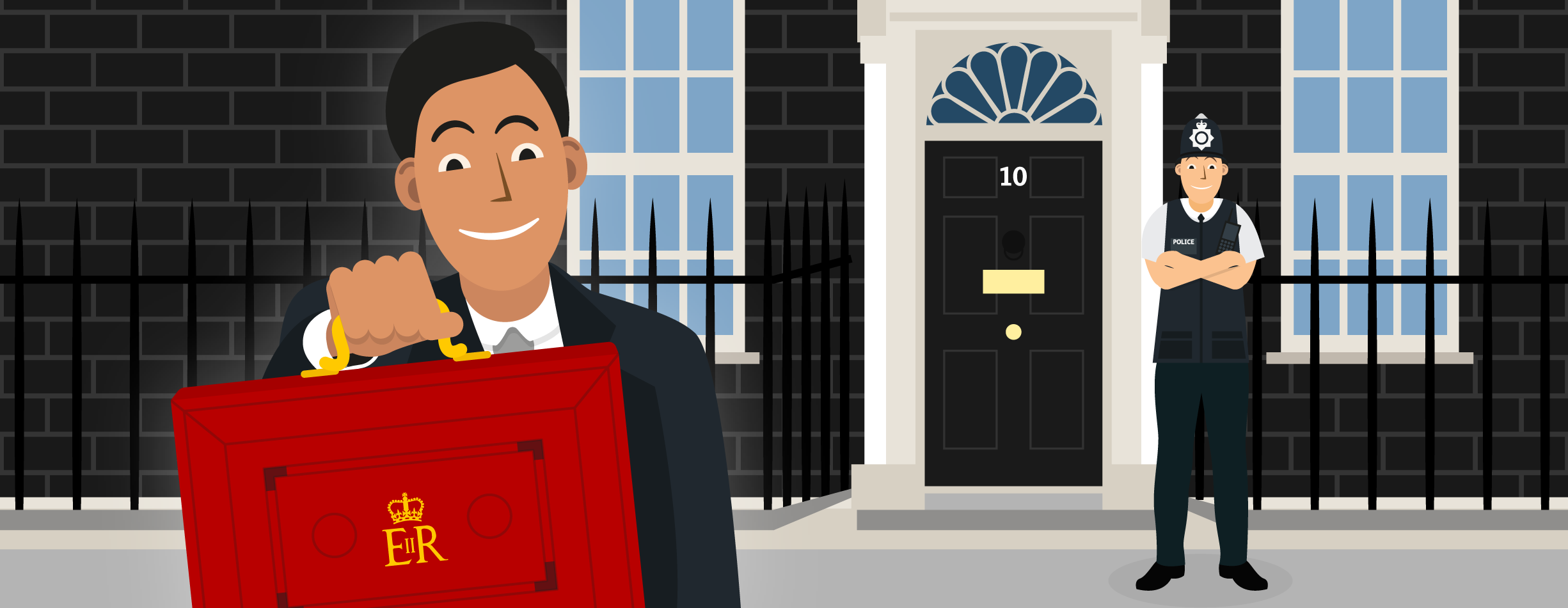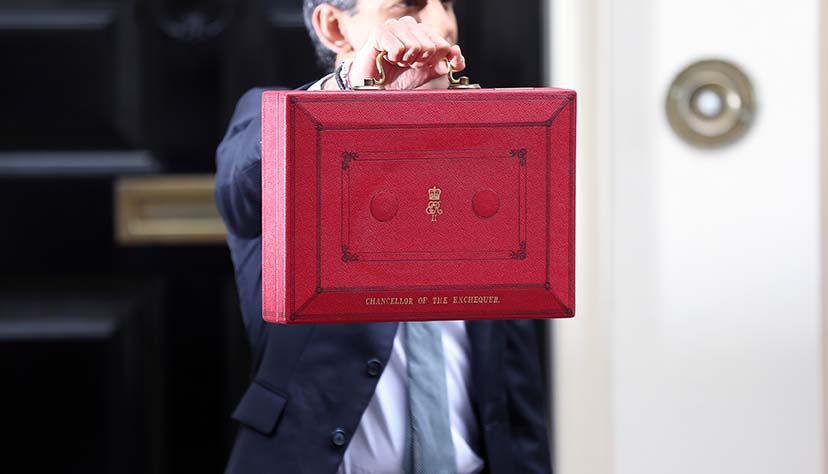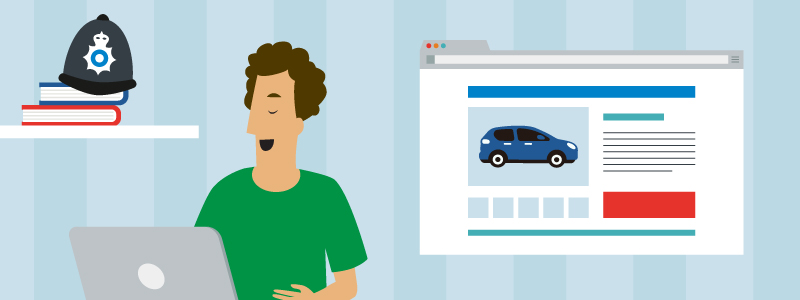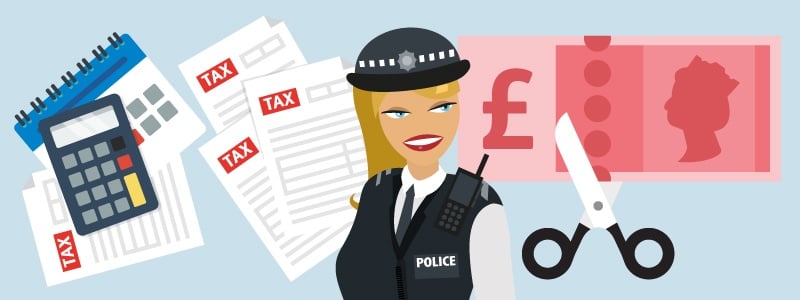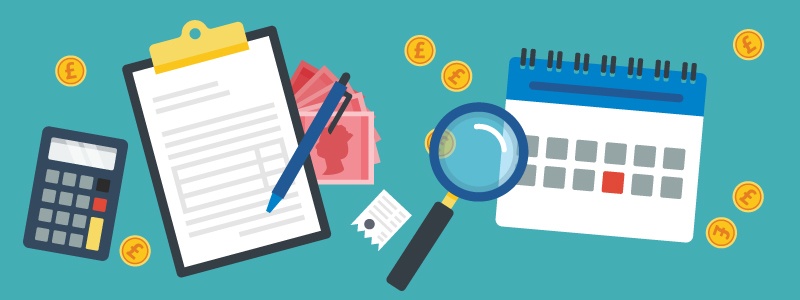It doesn’t matter whether you’re a police constable on the beat or a chief superintendent; a bill you didn’t budget for always hurts.
Whether it’s an extra charge for your gas, electricity, car, phone, internet, boiler, or home repairs, that single bill can spoil your financial plans for the whole month.
Thankfully, you can take steps to protect yourself by taking a few extra measures. We’re just starting 2018, and many people are still recovering from the Christmas spend. Let’s take a look at some general tips that can lessen the burden of unexpected charges, and then see how you can prepare yourself for any larger than expected bills.
General tips
The simplest way to deal with shock bills is to ensure that you don’t get them! While this isn't always possible, what can you do to reduce the likelihood of a shock bill, prepare yourself for one, and stay organised?
- It makes sense to have a rainy day fund put aside which you only touch in emergencies, in preparation for the unexpected.
- Try to arrange for all regular bills to land at the same time, so that you know how much money you will have left over until the next “bill day”.
- Use a paper folder or a digital folder to keep track of your bills.
- Check your bills frequently, so that you are more likely to notice any unexpected changes. If a bill comes through that costs more than you were expecting, you can either change your behaviour to reduce the next month’s charge, or query the figure with your supplier as soon as it occurs.
Mobile, landline and internet
- For mobile phones, understanding how much your data allowance is, how much data you regularly use, and the date that you are billed each month can help reduce the chance of surprise bills.
- Contact your supplier and set limits on the amount of data, minutes, or texts that you are able to use, so that you are physically unable to overspend.
- Connect to WiFi whenever you can, instead of relying on mobile data all the time.
- Never use a landline if you already have pre-paid minutes available on your mobile phone.
- Be careful when travelling outside of Europe with your mobile. Since June 2017 you can use your data anywhere in the EU without being charged more than your usual rates - but this doesn’t extend to non-EU countries! Learn more here.
- Consider other kinds of deals that are on offer. A SIM-only phone contract may cost less than a full contract which includes a phone in its monthly charges. A Pay-As-You-Go arrangement may cost more per minute or per MB, but (like a buffer or cap) it removes the chance of you unexpectedly overspending on data or phone calls.
At home
- Take meter readings when you move in and when you move out of a rented home, and regularly during your tenancy. Consider monthly rather than quarterly billing, if your supplier offers this.
- Suppliers sometimes get the figures wrong, so if you think this has happened, first try to solve the issue with your supplier. If this doesn’t solve the problem, you can then contact the relevant ombudsman. Learn more about which ombudsman to contact and how to do so here.
- You can also save energy by turning off lights, only putting full loads into the washing machine, moving furniture away from radiators, using energy-efficient products (which range from A++ at their best down to G at their worst and most expensive), and making sure that your house is well-insulated.
- Make sure that your thermostat isn’t too high. Different companies suggest different savings, but as a general guide, every degree you reduce on your thermostat will save you between £50-£90. If this change moves the temperature to lower than you’re used to, there’s always the option to wear more clothes!
- If you are renting, don’t immediately assume that you are expected to cover the costs when something breaks. Find out from your contract who is responsible - you, or the landlord.
- For personal breakages, check to see if the item is covered by a guarantee, warranty, or an insurance premium. Many electrical items carry a year’s warranty, or even more.
- If you have a maintenance issue in the house, use a reliable app to find the right tradesmen such as GoFantastic, Checkatrade and Bizzby. These kinds of services will often list a number of workers who provide services nearby, meaning that you can compare prices and availability through your mobile device.
- Always have a fund for home repairs in case white goods break down. If your boiler is nearing the end of its life, start putting some savings aside to ensure that you can replace it when it needs to be. Freezers, fridges, and washing machines can be tough to live without, even for a short while.
Cars
- Put money aside and be prepared for MOTs and servicing costs, which could cost more than you are expecting. If you suspect that something, such as the cambelt, will need replacing later in the year, get a quote now so that you can ensure that you have enough to cover it.
- Know what and when your car needs something changed or replacing - read the owner’s manual for scheduled maintenance, and pay attention to when you should be changing tyres. Dealerships frequently offer “recommendations” that your car may not actually need at the time. Resist the sales pitch, unless the extra is completely necessary! If a garage recommends some extra maintenance to you, ask if they can show you that their advice is right for your specific vehicle and its mileage.
Last thoughts
It is important to have strategies in place to protect yourself financially, and to lessen the likelihood of being landed with a giant bill. Without protecting yourself, understanding where your income is going, staying organised and reducing the chance of overspending, you’re probably going to struggle to save and invest.
Saving and investing allows you to prioritise your leftover cash to be put towards the things that improve your life in a more dramatic way than basic everyday spending. They can also contribute to your retirement, which will only feel far away until the actual day arrives.
Get in touch with us on Facebook, Twitter, or this page to ask any questions you have, or click the link below to download our guide to making the most of your pay, which is packed with tips for budgeting more effectively and protecting yourself from financial struggles.
Share








